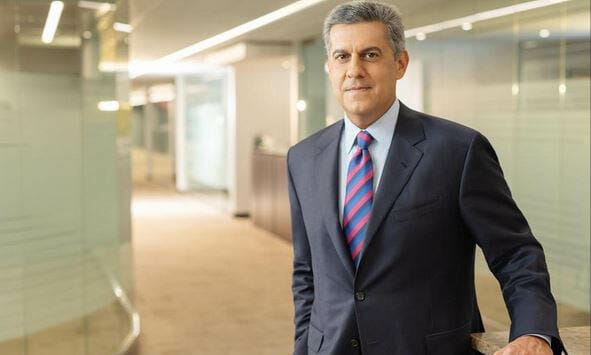Yesterday I wrote about Tennessee and the attempt to use the corona virus crisis to shut down abortion services.
Tennessee is not the only state determined to end abortion. Other states are using the ruse of declaring abortions “elective”, rather than medical, emergencies. Texas, Ohio, Iowa, Oklahoma, Alaska and Alabama have issued bans on abortion procedures and threatened legal repercussions for physicians who continue to perform them. These bans have brought forth a flurry of law-suits by pro-choice advocates, and various federal courts have issued temporary restraining orders, which have been reversed, or have proceeded to appeal. Other states involved in this issue are Kentucky, Louisiana and Mississippi. (The Humanist May/June 2020).
My comment: There is no end to the cruelty and vindictiveness of some self-described “christians”, (not all, I hasten to add!)
I have never been involved, peripherally or otherwise, in an abortion. However, I claim an imagination, and can well imagine the feelings of a young, poor, woman, possibly raped or at least forced to have sex unwillingly, now deeply regretting what happened, barely able to feed and clothe herself, desperate to keep a job but unable to see how she can achieve that and bring up a child successfully.
But it is the baby I feel the most sorry for. If the “conservatives” (conserving…what exactly?) have their way there will be even more unloved, poorly cared for, uneducated and resentful young people around, feeling unwanted. We have more than enough of these people, whose first thought is to buy a gun and mow down the people they blame for their plight. I have no idea how many unwanted human beings there are in the US, but everyone should have a good start in life, surrounded by love. Now that is conservative! It is also Christian. It is despicable to treat women and children like these self-described christians treat their fellow human beings.

